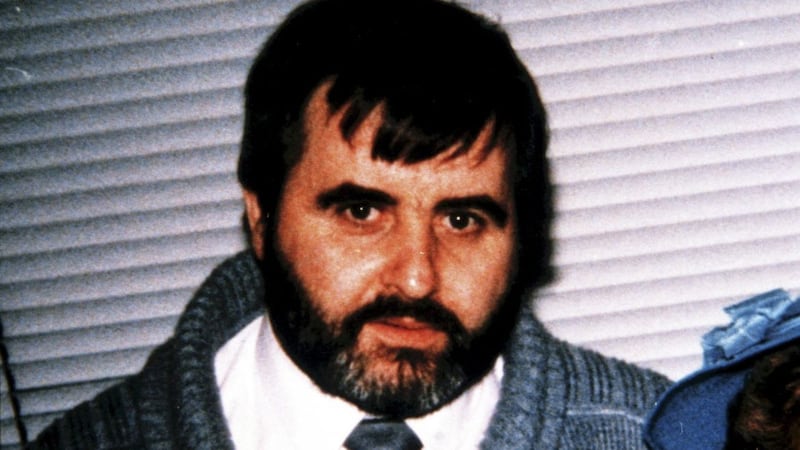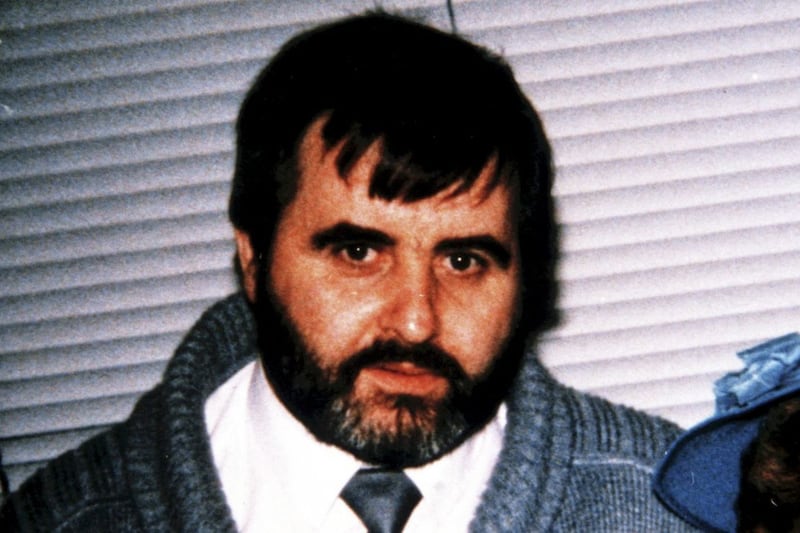THE Coshquin “human bombing” 30 years ago today was a “barbaric and cowardly” act but marked a turning point in the drive for peace, according to Derry mayor Brian Tierney.
The SDLP councillor said the atrocity, in which father-of-three Patsy Gillespie (42) and five British soldiers were killed, demonstrated the urgency for a lasting solution to the Troubles.
He added that today’s anniversary further emphasised the need to work together for peace and justice.
Mr Gillespie died when the van he was ordered to drive to the Coshquin checkpoint on the Derry/Donegal border exploded early on the morning of October 24 1990.
“The murder of Patsy and the soldiers at Coshquin is forever etched in our minds. It was horrific then and it’s horrific now 30 years on," Mr Tierney said.
"This attack robbed a family of their husband, father and grandfather and caused so much hurt and division across our communities.
“The bombing did, however, mark an important turning point in that it emphasised the urgency and need for peace and a lasting solution to the conflict."
The mayor paid tribute to Mr Gillespie’s widow, Kathleen, for her courage in continuing to share her “heart wrenching” story and her fight for justice and truth.
“My thoughts this weekend will be with Kathleen and her wider family and those of the soldiers killed that day as they continue to struggle with their terrible loss."
One of the worst atrocities of the Troubles, it emerged that Mr Gillespie had been tied to the 1,200lb bomb which exploded when he tried to open the door of the van.
It was one of three proxy bomb attacks carried out by the IRA on the night of October 23/24.
In south Down, James McAvoy (65) was abducted and told to drive a van carrying a tonne of explosives to Cloghoge army checkpoint while his family was held at gunpoint.
It was claimed one of the IRA men told him not to open the door but to climb out the window. When he did, a soldier came over and shouted at him to move.
Seconds later the bomb went off, killing the soldier and injuring Mr McAvoy and 13 other soldiers.
A third proxy bomb attack was attempted in Omagh, when a man was ordered to drive a car to Lisanelly British army camp while his family was held at gunpoint. However, the bomb failed to detonate property.
Mr Gillespie had been employed as a civilian chef at Fort George British army barracks and it was the second time he had been forced to drive an IRA bomb.
In a television interview, his widow recalled: “They took Patsy away at midnight; they let him in to say goodbye to us. I was sitting in the armchair with Jennifer on my knee. He put his arms around me and said ‘Don’t worry girl, everything will be all right. I’ll be home soon’.”
The Coshquin bomb caused so much devastation that the Derry man could only be identified by a piece of flesh attached to a zip of the cardigan he had been wearing.
The five British soldiers who died were: Stephen Beacham, Vincent Scott, David Sweeney, Paul Worrall and Stephen Burrows.
The “human bombing” caused outrage, with then Bishop of Derry Edward Daly saying the IRA were the “contradiction of Christianity”.
In one of his most forthright condemnations of the IRA, he said: “Some of them may even still engage in the hypocrisy of coming to church, but their lives and their works proclaim clearly that they follow Satan”.
No-one has ever been convicted over the three human bombs.
A plaque remains at Coshquin, marking the site of the 1990 atrocity.


